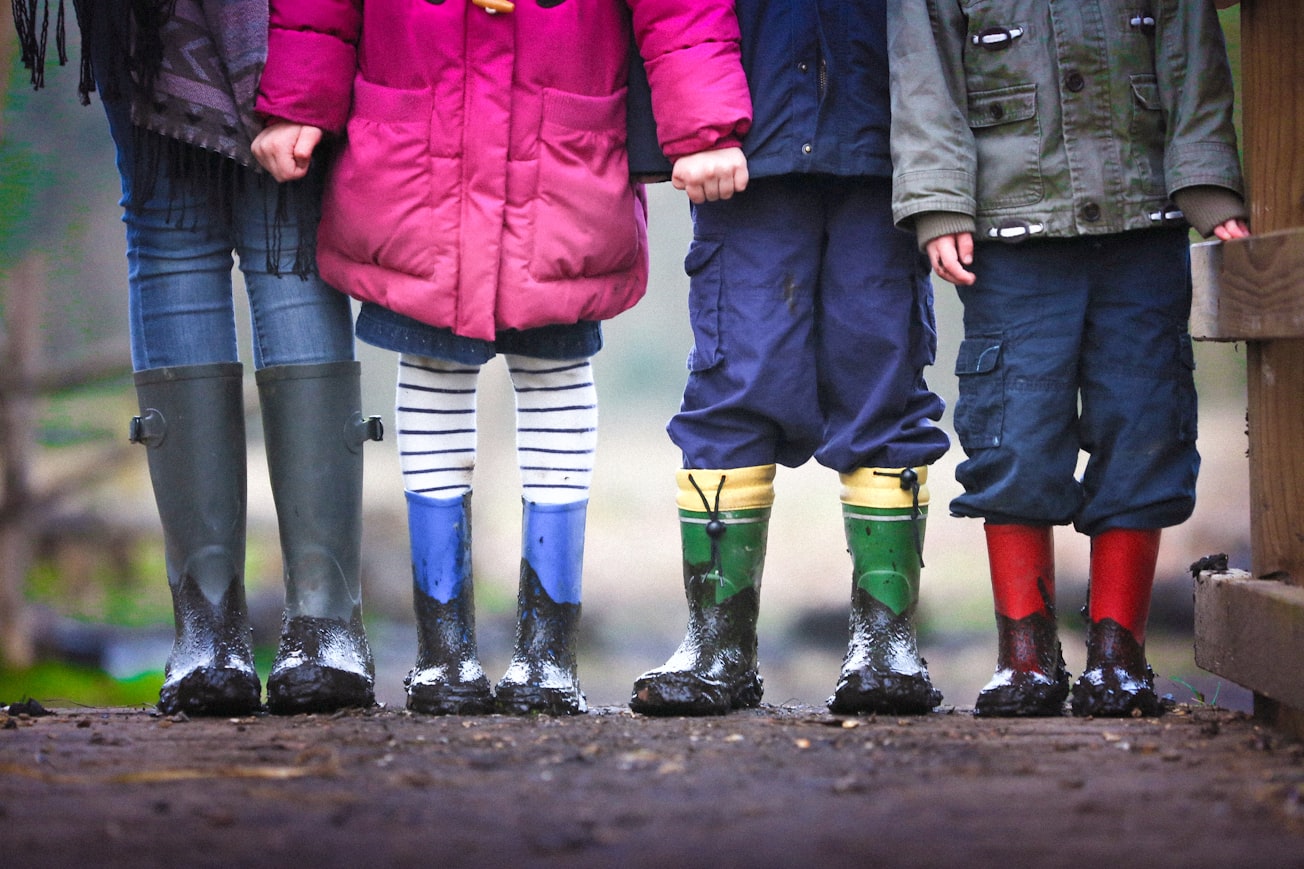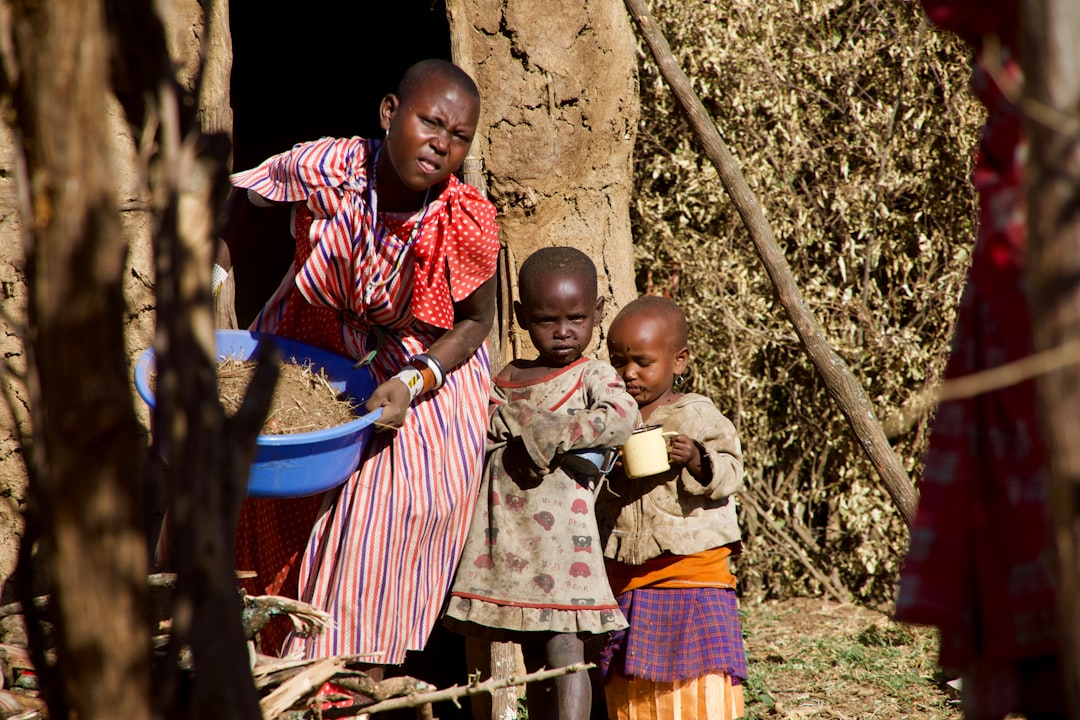What is it about?
The COVID-19 pandemic has impacted every aspect of society and no more so than in educational applications of theatre for children in schools. This article explores the complexities of what applied theatre/drama offer the young to think critically and develop empathetic human relationships crucial to sound mental health. The article’s authors reaffirm ways in which applied theatre/drama and TIE have contributed to healthy social development through contributions to the Personal, Social and Health Education curriculum. Cited are recent projects with compromised praxis in the face of the pandemic. Identified is a shift in educational priorities that are returning to traditional approaches in place of wider heuristic social education. Consequent moves to online teaching and imposition of social distancing has led to concerning levels of social distancing potentially impacting negatively on mental health of the young. However, applied theatre/drama disciplines play a particular role in facilitating emotional maturity through critical thinking.
Featured Image

Photo by Ben Wicks on Unsplash
Why is it important?
At a time of continued uncertainty regarding COVID19 pandemic and subsequent variants, young people's mental health will continue to be impacted. Whether schools are locked down, and young people are learning remotely, whether there is advice to wear masks, or whether schools are focusing solely on catch-up all these factors will impact negatively. As Applied Theatre practitioners we need to work closely with schools and teachers to create new ways of working.
Read the Original
This page is a summary of: Social distancing without emotional distancing?1, Journal of Applied Arts and Health, December 2021, Intellect,
DOI: 10.1386/jaah_00080_1.
You can read the full text:
Contributors
The following have contributed to this page










